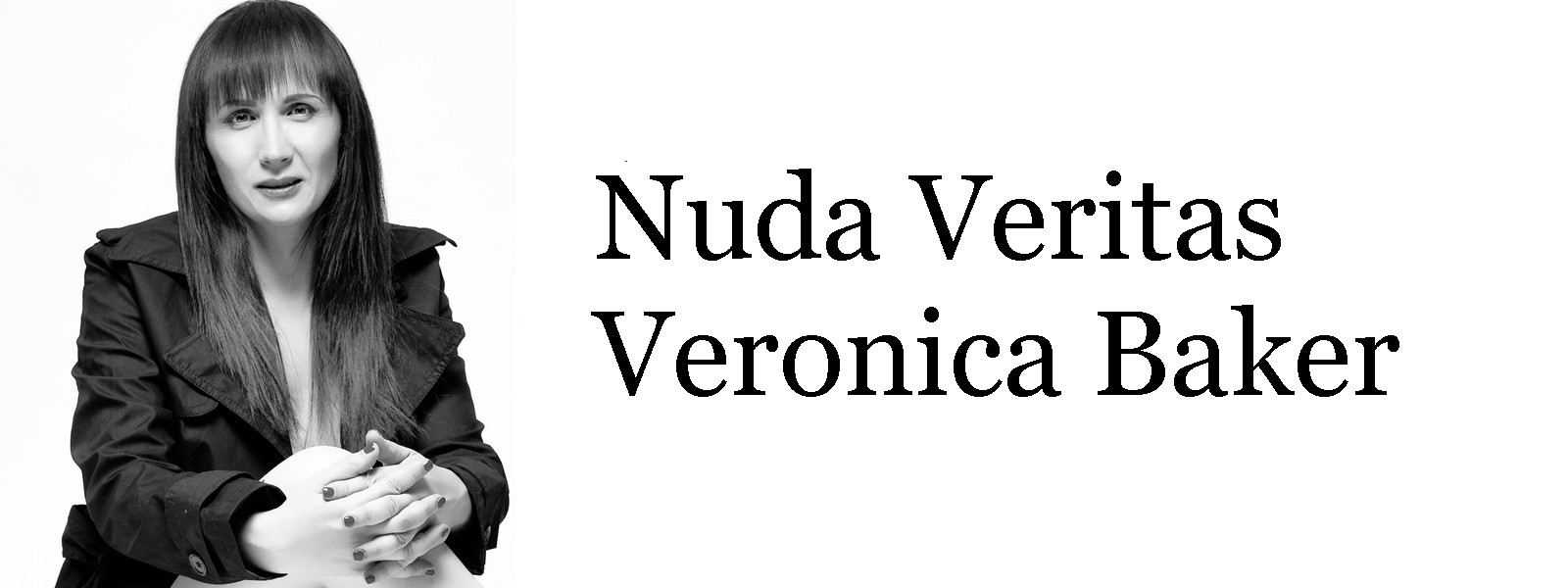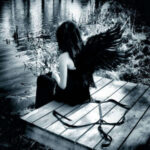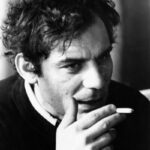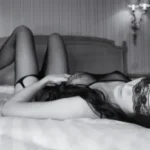October 10, 2024 Artistic eroticism, Movies
A movie that has been able to bring to life in an extremely vivid way a southern mentality that animates real characters in a context that is definitely very close to reality.
Don’t torture a duckling (1972). Real characters in a highly realistic context
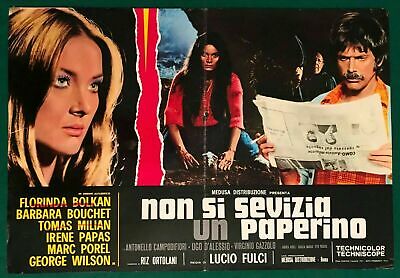
A terrible Italian province, a whirlpool of horror, where hypocrisy, perversion, bigotry reign.
And, at the root of all evil, the gross stupidity of human beings, which manifests itself in many ways: from the cynicism of journalists, to the prejudices of the ignorant, to the narrow-mindedness of the Catholic Church.
What might have been just a vicious punch in the stomach in the early 1970s is still disturbing more than 50 years later.
A movie shot in a remote village in the Foggia area, with a typically Italian setting, but at the same time deeply original, that undoubtedly leaves its mark.
“Don’t Torture a Duckling” was able to bring to life a southern mentality that animates real characters in a context that is definitely very close to reality.
A work of great dramatic impact, played by a truly top-notch cast (Florinda Bolkan, Barbara Bouchet, Irene Papas, Tomas Milian, Marc Porel), which follows the mechanisms of classic detective stories and manages to conceal the identity of the murderer until the very end.
A crude story, inspired by a real event in Puglia, in Bitonto, in 1971, where several children mysteriously disappeared, which does not bother to scandalize by telling of repeated infanticides; and in fact, with the character of Bouchet (naked in front of a child and for this reason summoned to court before proving that the one on the back in the scenes together was an adult dwarf), adds a certain morbidity that will later prove fundamental in the continuation of the story.
Tomas Milian, who in the movie plays a journalist from “La Notte” who arrives on the scene to shed light on the case, commented at the time that he particularly liked the Italian feel of the movie.
And indeed, “Don’t torture a duckling” (Non si sevizia un paperino) could not have been filmed anywhere else.
Truly high quality photography by Sergio D’Offizi and music by Riz Ortolani, some splatter effects (among which Carlo Rambaldi‘s stand out) are valuable.
But, of course, Lucio Fulci‘s masterful direction stands out above all.
And the investigation in the movie ?
Little substance, but that’s not a problem.
